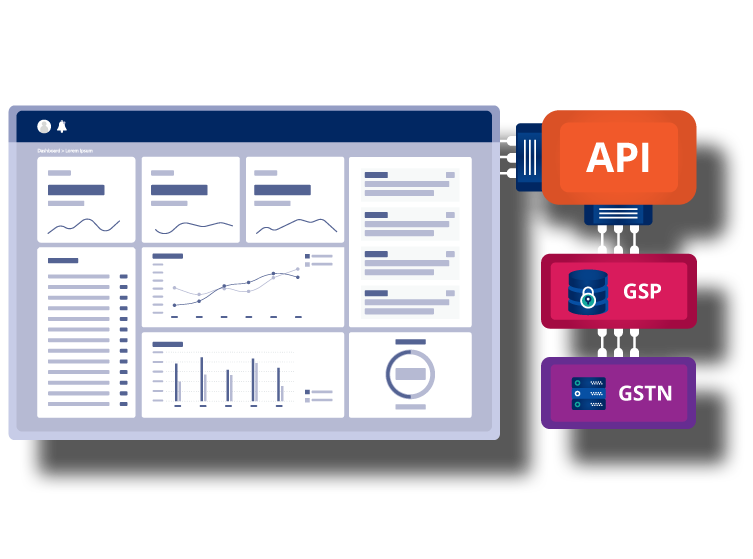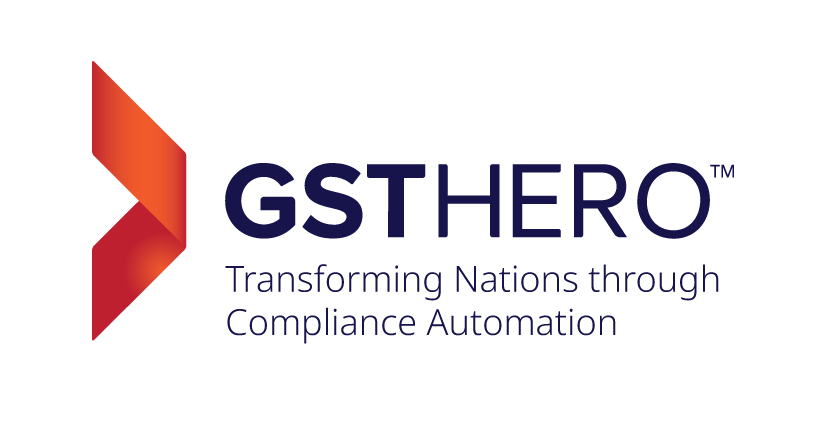Since, the implementation i.e. 1st July 2017, Goods and Services Tax (GST) has undergone a wide amount of changes. Notably, the government is taking immense steps to completely digitize the process and auto-populate the details/ returns /GST Registration process as much as possible.
Due to digitization and auto-population, post GST registration, the registered taxable person needs to take appropriate steps to avoid various unwanted mistakes.
The present article helps to figure-out the major mistakes to be avoided, by the taxable person, post GST registration process.
Are you also interested in watching videos on similar topic?
Mistakes to avoid after GST registration
The requirement of mentioning the HSN and SAC code for a supply of goods or services after GST Registration
Basically, under GST, goods and services are classified in the following manner -
- Goods are classified based on Harmonized System of Nomenclature (i.e, HSN); and
- Services are classified based on Service Accounting Codes (i.e., SAC).
Notably, HSN is an internationally adopted system of classifying goods. Whereas, SAC is the nomenclature developed by the Goods and Services Tax council.
Current, HSN/SAC mentioning requirement in the tax invoice is tabulated hereunder-
Category of the registered person | HSN code requirement |
|---|---|
A registered taxable person having an annual turnover of less than INR 1.50 Crores in the preceding Financial Year. | NIL |
A registered taxable person having an annual turnover between INR 1.50 Crores to INR 5 Crores in the preceding Financial Year. | 2 digits |
A registered taxable person having an annual turnover above INR 5 Crores in the preceding Financial Year. | 4 digits |
Export transactions | 8 digits |
Cross-checking of availability of Input Tax Credit
In order to avail the input tax credit under GST, the registered taxable person needs to satisfy all the conditions prescribed under section 16(2) of the CGST Act, 2017.
Budget 2021 has come up with an important amendment governing the availability of input tax credit. As per the condition prescribed under the new sub-clause (aa) to section 16(2), it is mandatory to cross-check the specified returns prior to availing of an input tax credit.
As per the condition, the supplier of goods/ services needs to furnish the details of outward supplies in Form GSTR-1. Accordingly, the same gets reflected in the auto-populated Form GSTR-2A of the recipient.
Only after satisfying both the above criteria, the input tax credit is available to the recipient.
In case the input tax credit is availed without cross verifying the availability of the same as per Form GSTR-2A, the recipient will have to reverse the same and would be liable to pay appropriate interest.
Satisfying all the GST return filing requirement to avoid unnecessary blocking
Filing of GST return in Form GSTR-1 and Form GSTR-3B on a monthly or quarterly basis is mandatory after GST registration. Non-filing of one return will result in a blockage in the filing of the other return.
According to the newly inserted rule 59(6), vide notification no. 01/2021- Central Tax dated 1st January 2021, in case the registered taxable person fails to furnish the return in Form GSTR-3B for a specified period there would be the corresponding blocking in the filing of Form GSTR-1.
The same is explained hereunder-
Failure in the filing of specified return | Corresponding blocking |
|---|---|
Return in Form GSTR-3B not furnished for the preceding two months. In case of quarterly filing of Form GSTR-3B, return in Form GSTR-3B not furnished for the preceding tax period (i.e. quarter) When the registered person is restricted in utilizing the amount available in the electronic credit ledger and the registered person fails in furnishing quarterly Form GSTR-3B for the preceding tax period. | The registered taxable person will be barred from the filing the details of outward supplies in Form GSTR-1. The registered taxable person will be barred from -
|
Thus, post GST registration, it is important to duly file all the necessary return so as to avoid unnecessary blocking of other returns/ services.
Avoid mismatching of details filed via various returns
Under normal registration, the registered person is required to file Form GSTR-1 and Form GSTR-3B on a monthly/ quarterly basis. Details provided vide both the returns should not be varying to a greater extent.
In case there is significant variation in the details provided, the GST registration of the registered person is likely to be suspended.
Noticeably, rule 21A of the CGST Act, 2017 contains a suspension of GST registration.
A new sub-rule (2A) was inserted to rule 21A vide notification no. 94/2020-Central Tax dated 22nd December 2020.
As per the provisions of rule 21A(2A), the proper officer is likely to suspend the GST registration in case of the following significant differences/ anomalies -
- Details of outward supplies furnished in Form GSTR-1 and Form GSTR-3B; or
- Details of inward supplies furnished in Form GSTR-3B as against auto-populated Form GSTR-2B; or
- Any other analysis.
Thus, post GST registration, in order to avoid any suspension, the registered person has to be very conscious in providing the details while filing return in Form GSTR-1 and Form GSTR-3B.

File your GST returns in minutes, not hours!
Get Live Demo and experience the simplicity by yourself.

